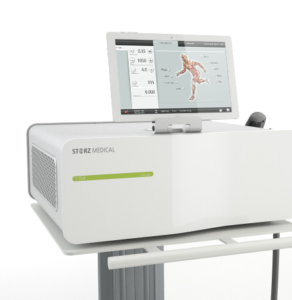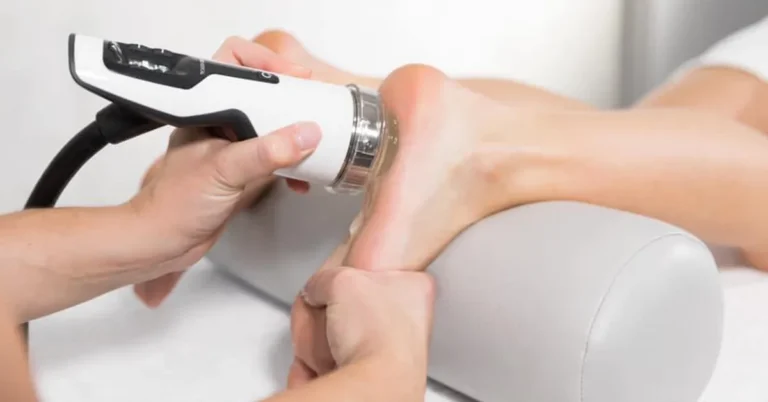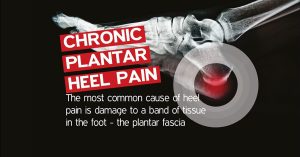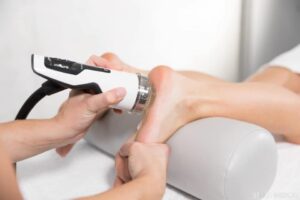Plantar heel pain or Plantar Fasciitis- best treatment options
Plantar heel pain is also commonly known as plantar fasciitis or plantar fasciopathy. Although this condition often settles with time and conservative management such as stretching exercises, load modification, alteration in shoes, night splints and orthotics, a significant number of patients fail to fully resolve and are left in significant pain for up to 2 years. In previous posts we have described what it is and outlined some of the possible treatment options. At Physis Physiotherapy we are able to offer expert knowledge on the assessment, treatment and rehabilitation of plantar heel pain.
Chronic plantar heel pain treatment options?
If this painful condition has failed to settle patients were only left with limited and invasive options:
- Steroid injection – although this can improve symptoms over a short time period (few months) it does not always last in the longer term. In addition the procedure is often painful and an unpleasant one. It cannot be repeated many times and carries small risks of complications.
- Surgery – used as a last resort by surgeons this sometimes is the final option for chronic sufferers after all other treatment options have failed. Although successful for most it is not a cure all and like all invasive surgical procedures carries some risks.
Shockwave therapy for plantar heel pain?
Shockwave therapy is a non invasive treatment option with virtually no risk of complications and is a successful treatment option for between 70-85% of chronic plantar heel pain patients. We have posted a blog on what shockwave is and how it works. Shockwave is the preferred treatment option before steroid injection and surgery of foot and ankle orthopaedic specialists in Edinburgh. If they are not available to deliver this treatment option themselves they regularly refer their patients to us.

Shockwave benefits
- Non invasive
- Fast and effective pain relief
- No complications
- No period of rest or recovery from procedure
Are all shockwaves equal?
- Quality shockwave therapy equipment is crucial for great results. Some cheaper machines fail to provide the same levels of energy as higher quality machines. At Physis Physiotherapy we use Storz Medical equipment due to its high quality and crucially the most clinical evidence to support its effectiveness. Our suppliers Venn Healthcare provide an excellent service.
- Experienced shockwave therapists are also crucial for good results. Not only should they be well trained and experienced but they should also understand that although delivering shockwave alone works well, combined with the correct management plan and exercise rehabilitation it is far more beneficial for patients. So our team will provide both for you.
- There are two types of shockwave machine, radial and focused. There are some crucial differences generally but in terms of plantar heel pain they are:
- Radial usually takes slightly more sessions to get maximum effect (average 4-6 sessions) compared to the focused device where often 3 sessions are all that is required.
- Focused can provide greater energy levels with less discomfort which can be very important for chronic recalcitrant plantar heel pain (over 6-9 months).
- Insertional problems closer to the bony insertion are often better treated with focused shockwave.
Here’s a video to help explain.
Our shockwave therapists are always available to discuss all the pros and cons to allow you to choose the best option so feel free to contact us and arrange to speak to one of them.
Is the treatment covered by medical insurance?
In the UK most insurance companies will cover common chronic tendinopathies within their policies. But we provide shockwave to a wider clinical group of conditions. See our shockwave page for more information or our other website for information on urological shockwave.
To book a course of treatment or to arrange to speak to one of our team call 0131 478 4646.




